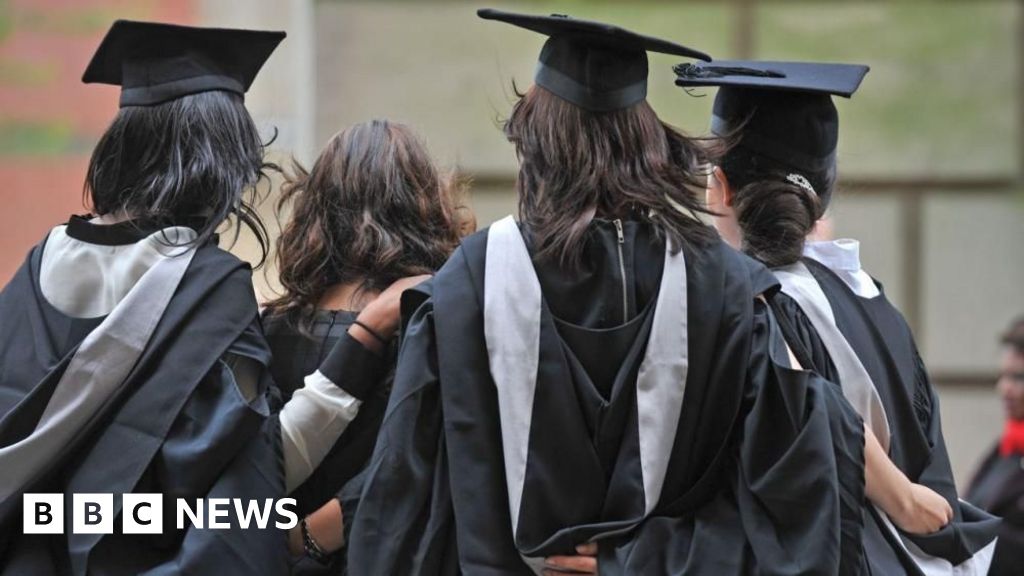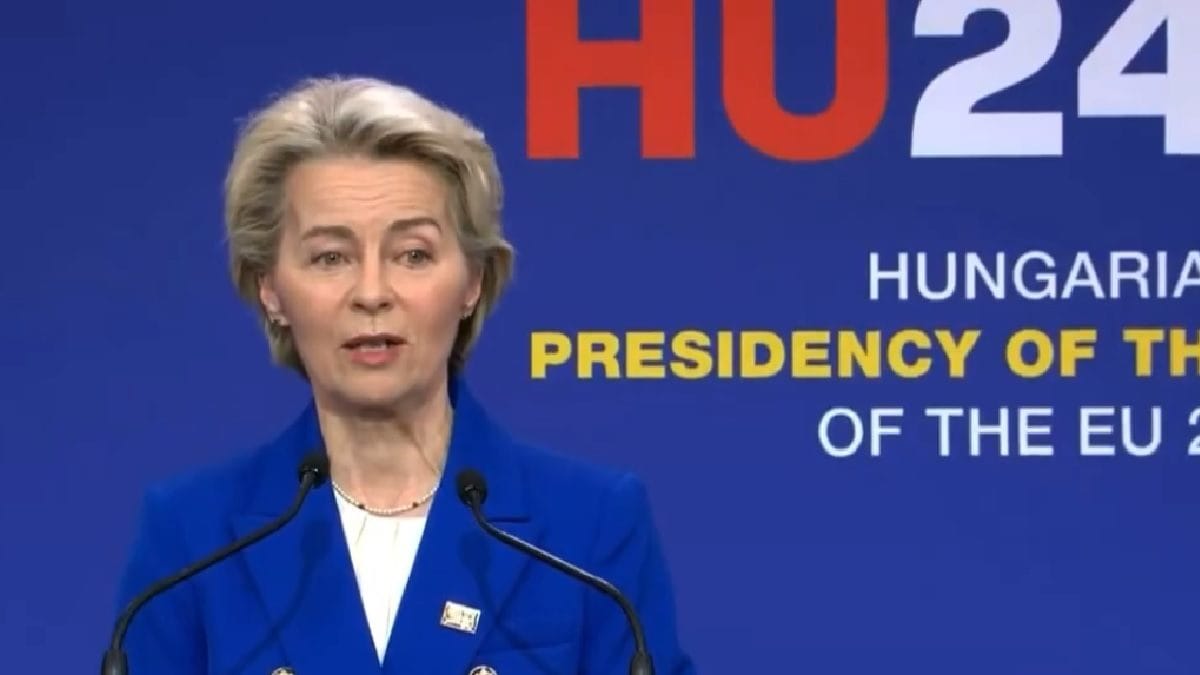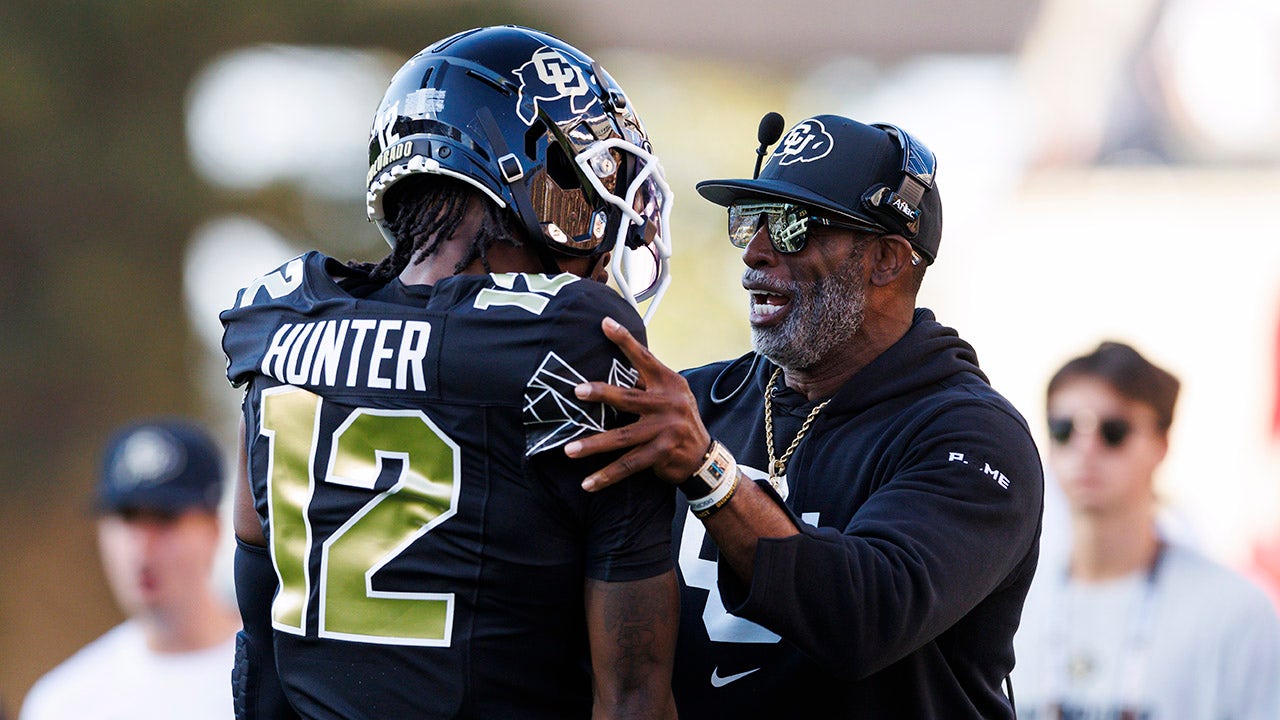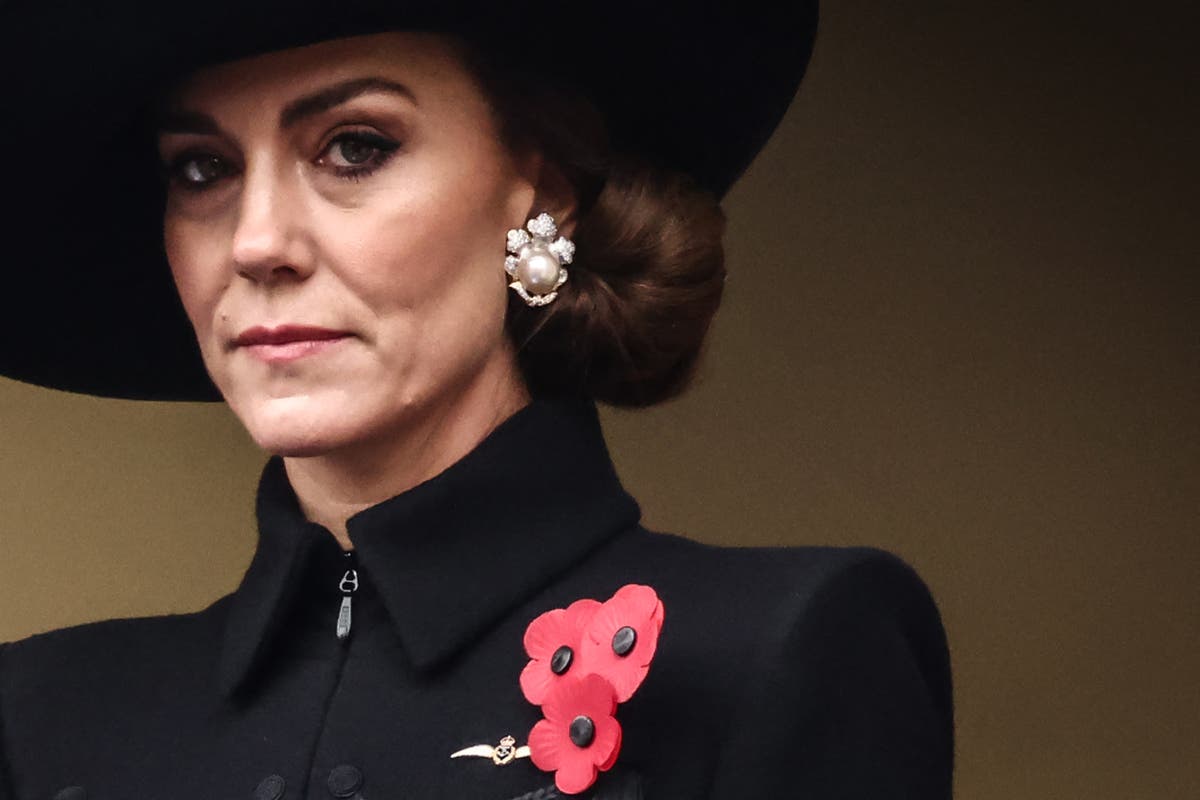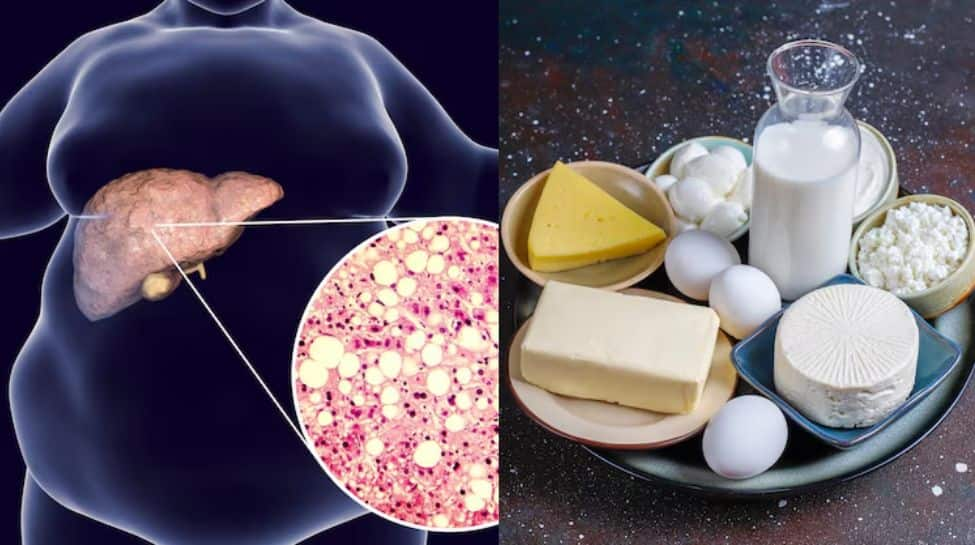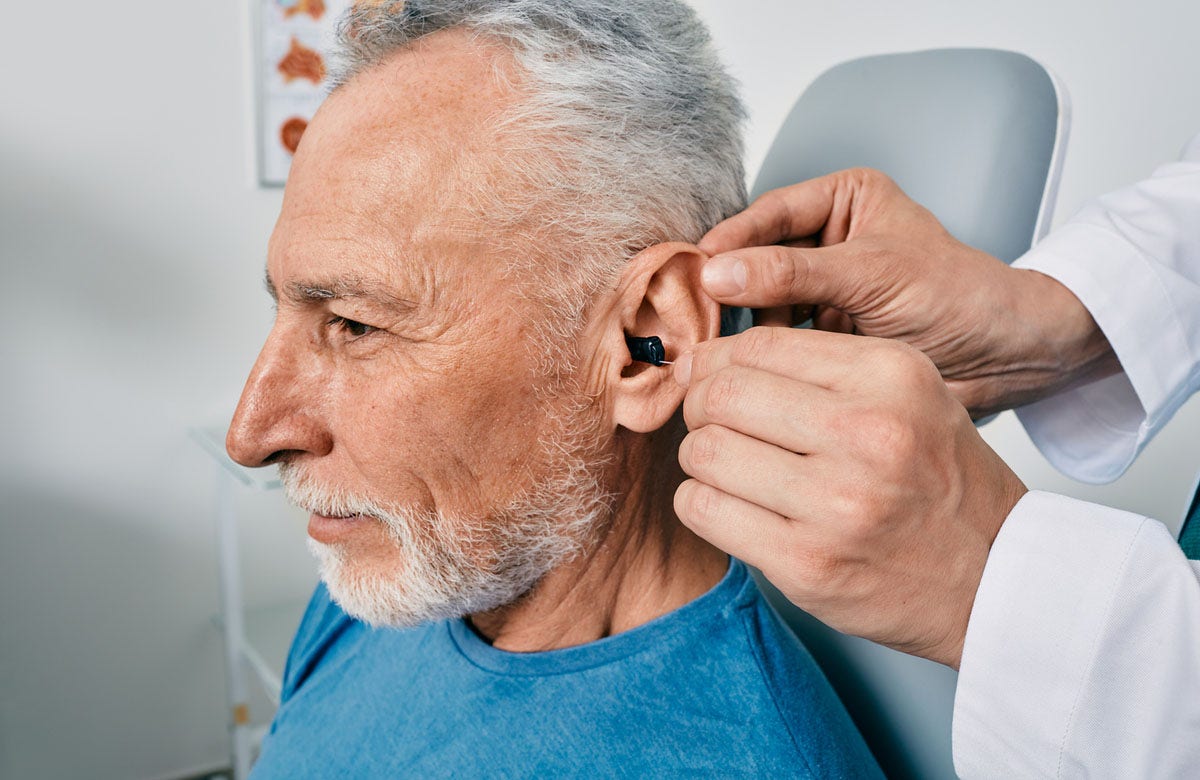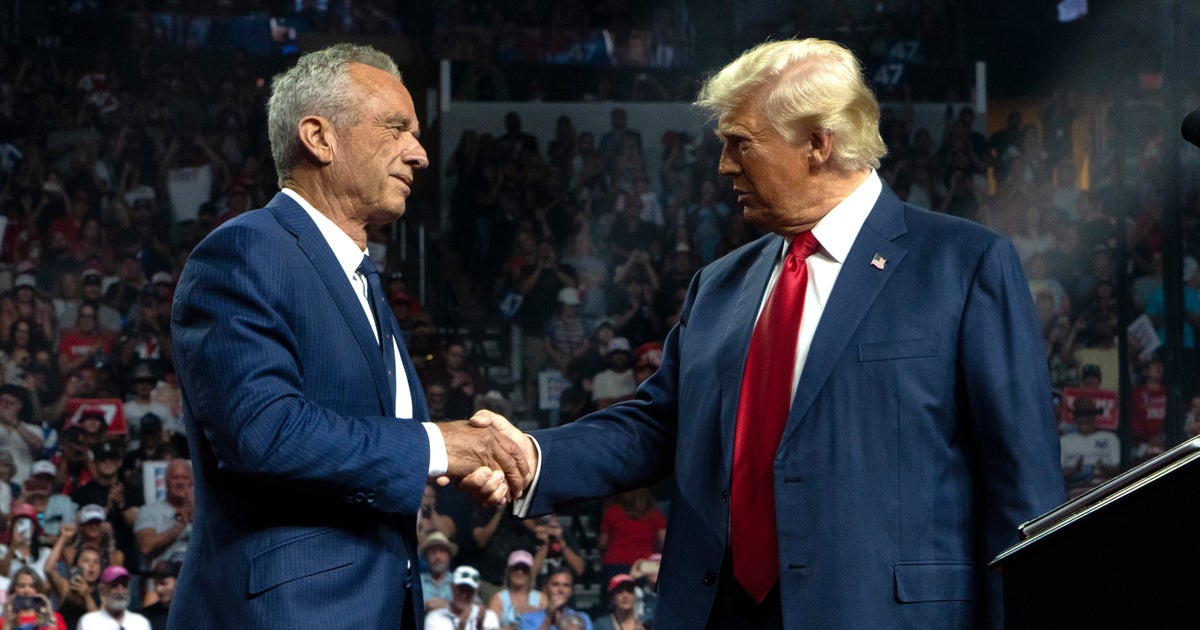Prosecutors tried unsuccessfully to suspend his party after he finished as the surprise runner-up in the first round of voting on June 25. U.S. and European Union officials, as well as the Organization of American States, have pressed the government to allow a fair race. Secretary of State Antony J. Blinken’s warning last month that attempts to interfere with Guatemala’s election result “threaten the legitimacy of its democratic process.”
The implications of Sunday’s vote go well beyond this coffee-exporting country of 17 million, one of the poorest in Latin America. Guatemala is a major source of irregular migration to the United States, and an important pipeline for Colombian cocaine bound for the U.S. market. The Biden administration took office pledging to combat corruption and support a stronger rule of law in Central America, as a way to deter migration. But in Guatemala, as well as Nicaragua and El Salvador, democratic institutions including an independent judiciary have eroded.
Sitting outside a coffee shop in the Spanish colonial city of Antigua, Rubén Samayoa, 72, recalled hearing stories about the “Guatemalan spring,” a period of democratic rule that began in 1944 when Arévalo’s father, Juan José, became president. A decade later, his successor, Jacobo Árbenz, was ousted in a U.S.-backed coup that ushered in decades of military rule.
“This is our spring and it’s taken us 70 years to get it back,” said Samayoa, a retired public-sector worker.
Opinion polls suggested that Arévalo was destined to follow in the footsteps of his father. A survey for Guatemala’s largest newspaper, Prensa Libre, indicated that the 64-year-old former diplomat and member of congress enjoyed a 54 to 29 percent advantage over his rival, Sandra Torres. (The rest said they would cast blank or spoiled ballots in protest).
A victory by Arévalo’s “Semilla” (Seed) party would mark a substantial shift in Guatemala’s political power — from a series of mostly conservative leaders to a social democrat. However, Arévalo faces numerous obstacles: Prosecutors are still trying to strip his party’s legal status, claiming irregularities in its registration in 2018. His party is also being investigated for alleged violations in vote-counting in the first round. Rafael Curruchiche, a top prosecutor, told the Canal Antigua TV station that mass arrests could occur after the voting ends.
“A lot of people in government and other political actors are very worried that the results did not go their way” in the first round, said Roberto Wagner, an independent political analyst. They are willing to do “whatever it takes to get their pick in.”
Since a three-decade-long civil war ended in 1996, analysts say, Guatemala’s government has been dominated by a group of political, military and economic elites known for corruption. They became the target of a U.N.-backed anti-corruption commission whose investigations helped topple president Otto Pérez Molina in 2015. But in recent years, the government has struck back — refusing to extend the commission’s mandate and seeking to arrest the anti-graft prosecutors themselves. Corruption investigations have slowed to a trickle.
More than 30 prosecutors and judges, as well as two attorneys general, have fled the country. José Rubén Zamora, publisher of El Periódico, a newspaper that exposed corruption, was jailed last year on what international press-freedom groups called spurious charges.
The Biden administration has been torn between its pro-democracy agenda and negotiating with leaders like President Alejandro Giammattei to keep a lid on migration, analysts say. Washington has slapped sanctions on dozens of Guatemalan business executives and officials, including the attorney general, María Consuelo Porras, for alleged corruption or for undermining democratic processes.
“We have seen a lot of authoritarian and undemocratic practices in Guatemala” in recent years, said Ana María Méndez Dardón, director for Central America at the Washington Office on Latin America. Sunday’s election, she said, could “restore democracy, or continue strengthening these undemocratic practices.”
The repercussions of that democratic backsliding are felt far beyond Guatemala’s borders. Corruption eats up a sizable chunk of the country’s federal budget — 20 percent, according to one study in 2015. That translates into less money for education, health or other services in poor areas. “If the state is not providing anything, you’re going to have citizens leaving the country,” said Pamela Ruiz, Central America analyst at the International Crisis Group.
In fiscal year 2022, the U.S. Border Patrol reported more than 228,000 detentions of Guatemalans at the southwest U.S. border. Many Guatemalans migrate to the United States to try to help their families at home. The country’s central bank is projecting that $19.39 billion will be sent back this year, accounting for nearly one-fifth of the country’s GDP.
The presidential race has been marred by numerous controversies, with electoral authorities eliminating several candidates on technicalities before the first round. Giammattei, who is constitutionally barred from seeking a second term, has pledged to respect the results of the election and hand over power as scheduled on Jan. 14.
Despite his popularity, Arévalo may not have an easy time passing his reforms, if he wins the presidency. Semilla will have a minority in congress — just 23 out of 160 seats.
As the electoral campaign unfolded in Guatemala’s lush rural areas, which grow everything from broccoli to award-winning coffee, it sometimes felt like there was only one party in the campaign. Torres and her National Unity Party have a formidable rural base, and a robust structure that has catapulted the party into the runoff in three of the last four presidential elections.
Álvaro Colom, Torres’s then-husband, won the presidency in 2007. Torres — who in the past ran as a socialist and social democrat, before tacking to the right — lost the presidential races in 2015 and 2019. She is still well known for overseeing poverty reduction and other social programs when she was first lady.
The party has “great organization and structure across the country, and a lot of that must come down to Sandra Torres,” said Oscar Morales, a 42-year-old driver, at a rally for her party in Guatemala City, the capital. “I think she’ll bring that order to Guatemala.”
Semilla emphasized more intimate gatherings over traditional rallies. In Guatemala City, Arévalo’s posters were mainly handmade.
Speaking at a Semilla gathering in the southwestern province of Suchitepequez, Sucely Hernández, a 20-year-old student, said, “This is the first time I’ve voted, but I really feel we’re on the verge of actual change in Guatemala. This generation isn’t asking for much, we just want jobs, not miracles.”
Sheridan reported from Mexico City.








